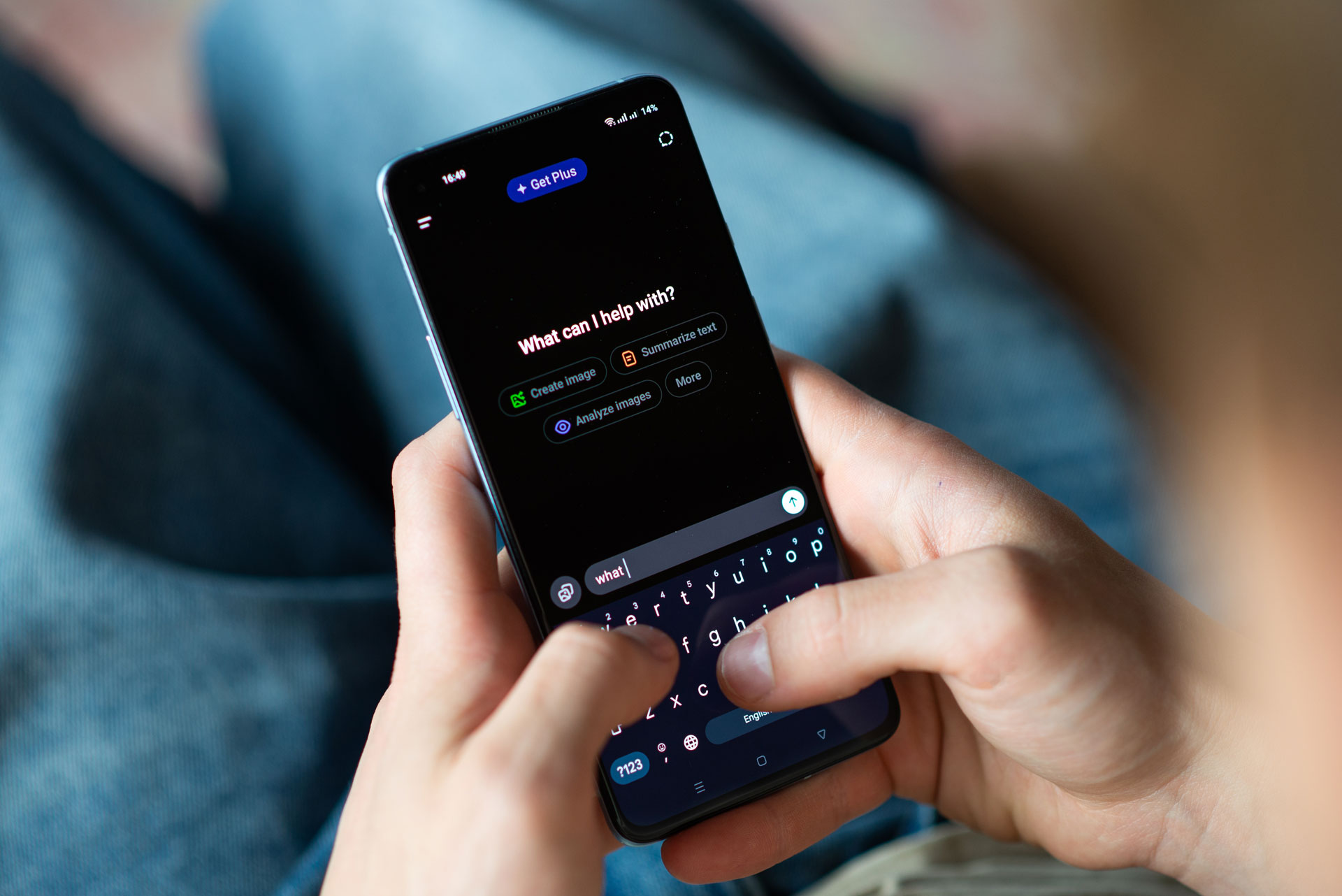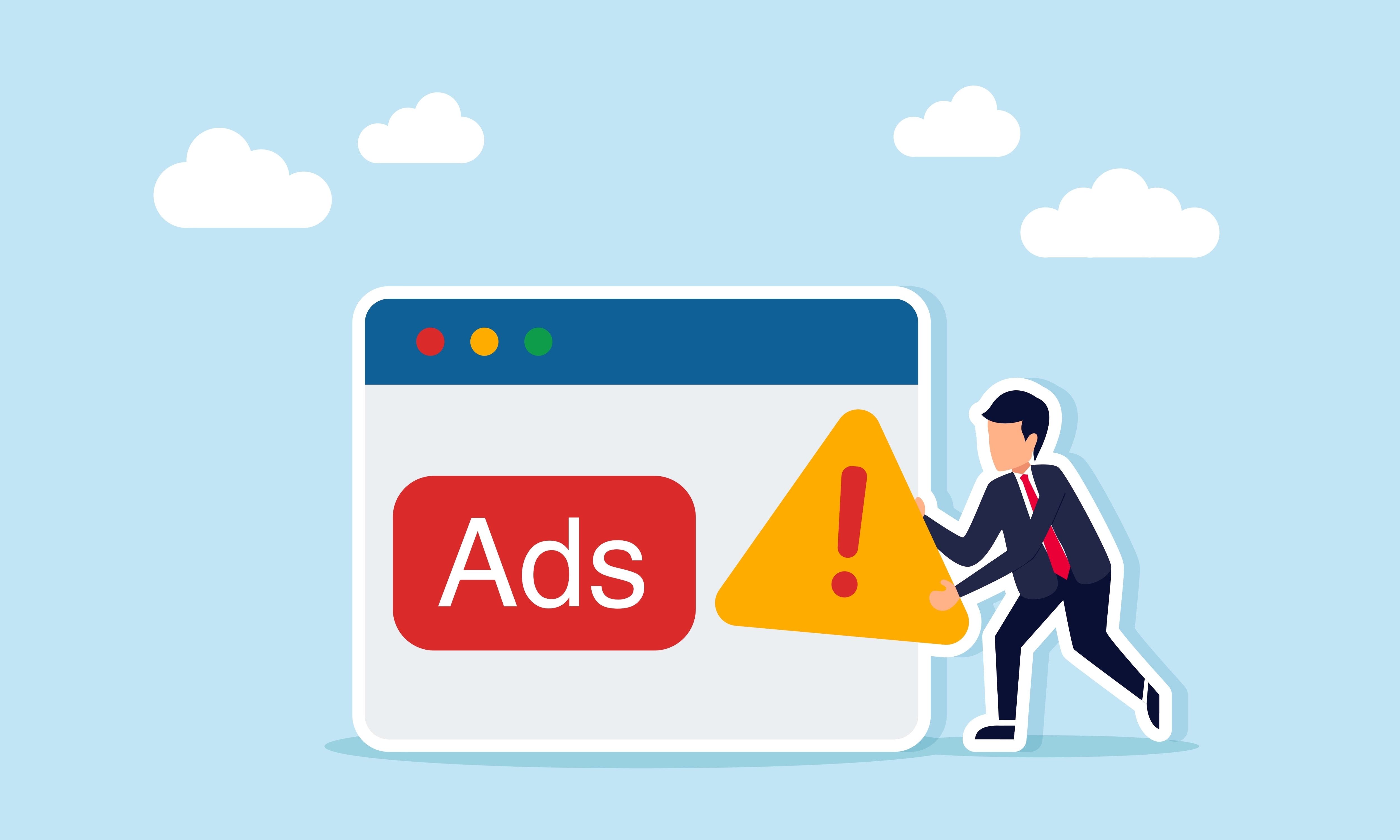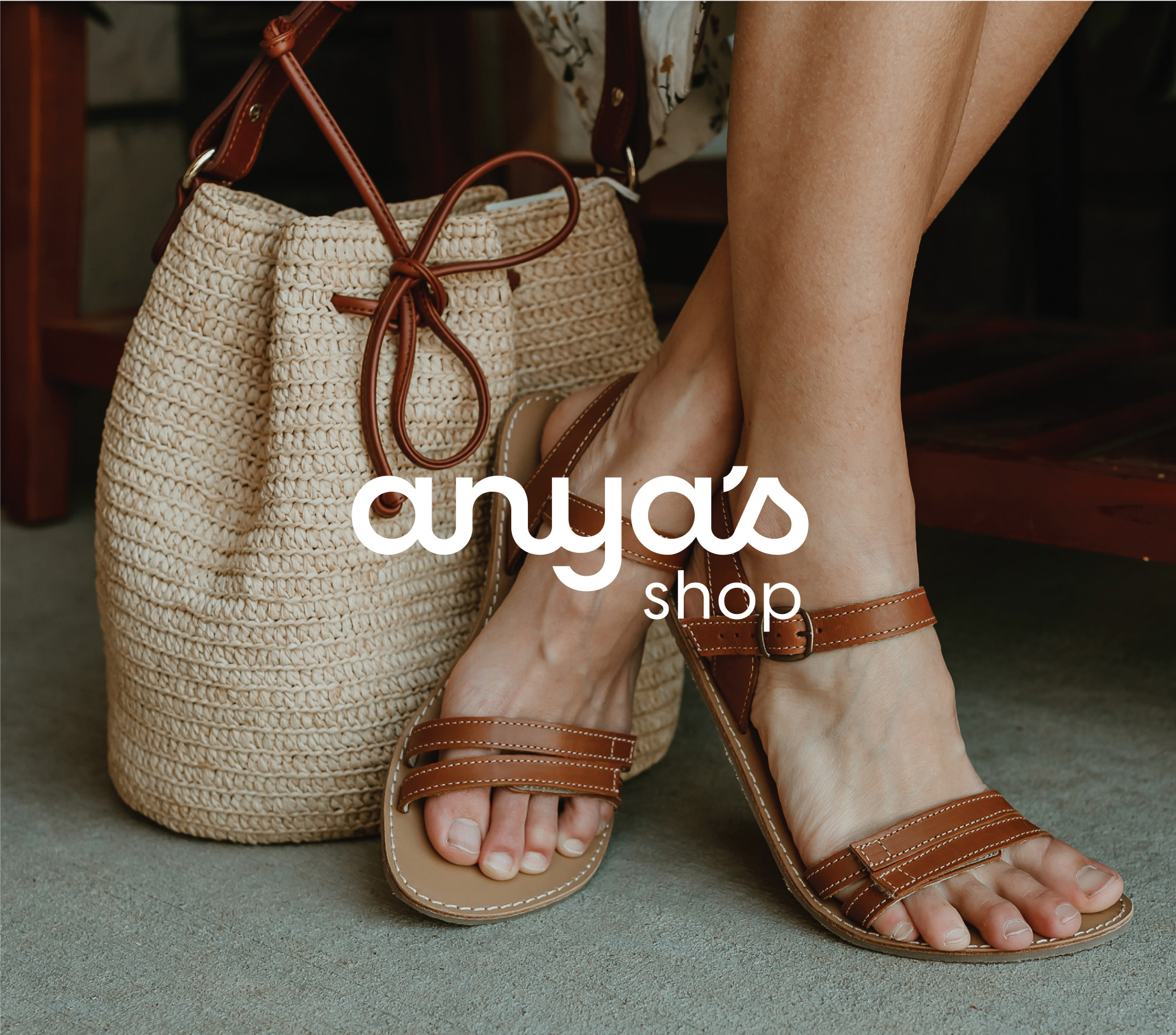Ideas Post
Time for a Logo Redesign? Reasons Your Current Brand Mark Might Be Falling Short

Your Mark Does Not Work in One Color
Every logo design should consider the eventual use of the logo in one solid color. There may be a situation where you can only print in black and white, your logo is being used by a partnering company on a colorful background graphic, or perhaps you want your logo to become a secondary element. Whatever the case, do not cripple your brand design by making your logo static.

Your Logo Does not Scale
Nobody should be squinting to see your logo. Unless they need glasses, but then and only then is it okay! On occasion, your logo will need to exist no bigger than a half-inch (consider a pen, business card, & social media profile images). In these instances, make sure your logo can stand against the test of scale. There is nothing worse than falling in love with a logo design that can only be read/deciphered at a large scale.

No Logo Extension
Logo extension has to do with the ability to extend your logo past its original form to multiple variations of itself. An example might be left-aligned, centered, or stacked. While the layout of the elements may change, the fundamentals of the design remain the same. An extension of the logo might also include a tagline or the separation of the logomark from its wordmark. The option to use variations of your logo for different use cases/media will help strengthen your brand’s cohesive aesthetic.

Your Logo Design is Not Timeless
Is your logo designed to stand the test of time? From typographic selection to iconography, your logo should avoid design trends that may not be relevant in the year(s) to come. Trends may include retro ‘70s colors, art deco type selections, or being overly modern.

Your Mark Has Too Many Moving Parts
Familiar with K.I.S.S.? No, not the band. It stands for "Keep it super simple, silly!" Brand recall is how likely someone is to remember your brand. The simpler the shape and construction of your logo, the easier your brand recall. Nike, Apple, & Target are great examples of keeping things simple. Remember that your brand extends past your logo design, so do not be afraid to run with a simple logo. Sometimes less really is more. Your tone of voice, product, customer service, and interior design will help tell the rest of your story.

Your Visual Identity Does Not Match the Tone of the Brand
A logo should match the tone of your brand voice. If you are in tech, but your logo is using an ancient typeface with serifs, you may be sending the wrong message. Similarly, if your brand is upscale and elegant, you may want to consider using an older, or more sophisticated typeface. Design is indeed subjective; however, we make categorical associations and assumptions with certain design elements. We can't help it, it is in our nature. We can use this to our advantage, however, and make things a bit more objective. Think about your brands' tone and pair your logo design with other established brands. Does it fit in? What associations can be made with your design and others within your industry? If you are finding that there are not a ton of parallels, there is a chance you may have missed the mark with your logo design.

No need to fear though, Tribu is here to help. We've got a badass tribe of graphic designers just waiting for the chance to create something cool for you. Contact us today to get started!
Let's build a tribe together
Ideas, Ideas, Ideas
Featured Work
We don’t just deliver - we make a difference.
Here’s a look at some of our most impactful branding, web, and campaign work. These aren’t just projects - they’re proof of what’s possible when bold ideas meet the right tribe.












